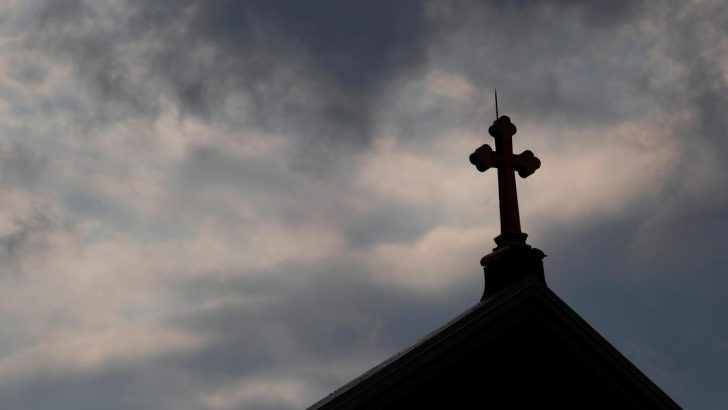Twisted ideas of power and authority in the Catholic Church have contributed to the clerical sexual abuse crisis, leaders of religious orders said, but sometimes the positive “sense of family” in their own communities also made them slow to act.
“Pope Francis rightly attacks the culture of clericalism which has hindered our fight against abuse and indeed is one of the root causes,” said a February 19 statement from the women’s International Union of Superiors General and the men’s Union of Superiors General.
But, they said, “the strong sense of family in our orders and congregations – something usually so positive – can make it harder to condemn and expose abuse. It resulted in a misplaced loyalty, errors in judgment, slowness to act, denial and at times, cover-up.”
The superiors, who represent a combined total of almost 850,000 women and men religious, stated: “We still need conversion and we want to change.”
“We want to act with humility. We want to see our blind spots. We want to name any abuse of power. We commit to engage in a journey with those we serve, moving forward with transparency and trust, honesty and sincere repentance,” said the statement from the two organizations of superiors general.
The two groups were to send 22 superiors general to the Vatican’s February 21-24 summit on child protection and the abuse crisis.
“The sexual abuse of children and the abuse of power and conscience by those in authority in the church, especially bishops, priests and religious” is “a story stretching back for decades,” the statement said. It is “a narrative of immense pain for those who have suffered this abuse”.
The superiors general said, “We bow our heads in shame at the realization that such abuse has taken place in our congregations and orders and in our church” and that the response of congregational leaders “has not been what it should have been. They failed to see warning signs or failed to take them seriously.”
The religious superiors said they hoped that with the Vatican meeting “important processes and structures of accountability can be started and the ones already in place can be supported”.
Acknowledging an oft-repeated observation that different approaches may be necessary for uncovering and ending abuse in different cultures, the superiors said one thing must be clear: “The abuse of children is wrong anywhere and anytime; this point is not negotiable.”
In the statement, the leaders of Catholic religious orders vowed “to listen better to survivors” and to “implement what is decided at this meeting in terms of the accountability required of those in authority.”
The superiors of men’s and women’s orders also asked Catholic parents, especially mothers, to assist them in responding to the abuse crisis.
“It is fair to say that if women had been asked for their advice and assistance in the evaluation of cases, stronger, faster and more effective action would have been taken,” the statement said. “Our ways of handling allegations would have been different, and victims and their families would have been spared a great deal of suffering.”
This Vatican meeting in February was to focus on protecting children, but the religious superiors acknowledged recent media attention “on the abuse and exploitation of religious sisters, seminarians and candidates in formation houses.”
“This is a matter of grave and shocking concern,” they said. “We pledge ourselves to do all in our power to find an effective response. We want to ensure that those who generously apply to join religious orders or who are trained in seminaries live in places of safety where their vocation is nourished and where their desire to love God and others is helped to grow to maturity.”
The superiors promised to strengthen safeguarding programs in the schools and hospitals they run and to ensure all formation programs have a strong child-protection component.
The superiors also asked that the spirituality and retreat centres their orders run “develop special outreach to any survivor who wishes to find help in their struggles with faith and meaning.”
“Those who have been abused by priests or religious may want to stay far distant from the Church and from those who represent the Church,” they said. But others may want to attempt a “journey of healing and we will try humbly to journey with them.”
Catholic News Service



